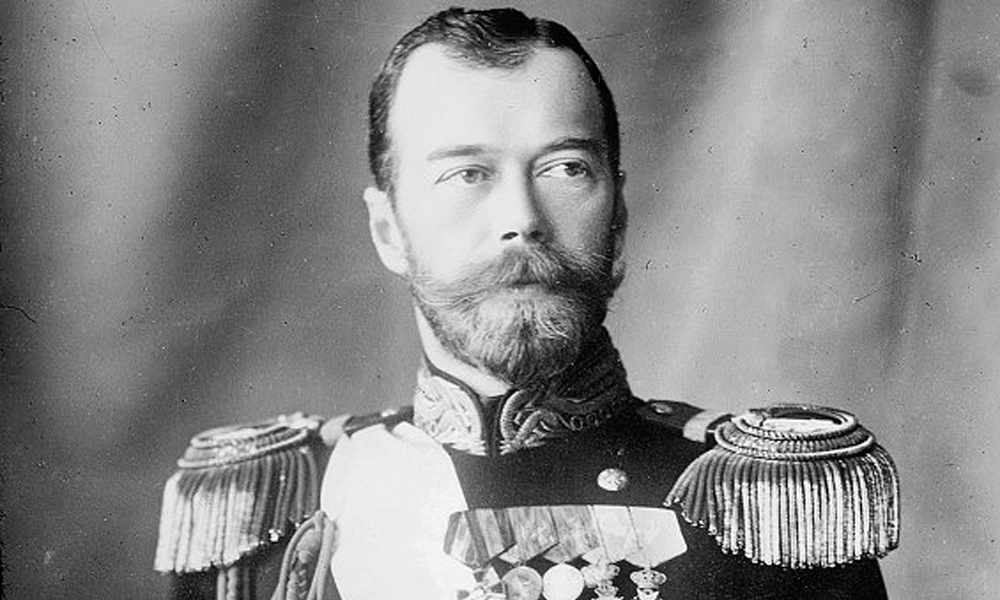Putting up a monument to Czar Nicholas II would mark Montenegro’s permanent gratitude to Russia as the centuries-old benefactor
Serb National Council (SNC) that unites members of the community of ethnic Serbs living in Montenegro has filed a petition with the authorities of the country’s old royal capital Cetinje to erect a monument to the last Russian emperor as a symbol of gratitude to the Russian Czars for centuries of assistance to Slavic people.
“We are turning to you with an initiative to erect a monument to Czar Nicholas II Romanov of Russia,” says the petition, a copy of which the SNC sent to the TASS bureau in Belgrade.
SNC leader Momcilo Vuksanovic told TASS the Council had sent an official letter to Mayor Aleksandr Bodanovic and the president of Cetinje city hall, Jovan Martinovic. It lists the historic landmarks in the Montenegrin-Russian relations, which started in 1711 when Czar Peter I sent his emissaries to Montenegro.
The letter makes special emphasis on the permanent material assistance and political support that Russia accorded to Montenegro as of the beginning of the 18th century, adding that it eventually led up to the rise of an independent Montenegrin state.
“Metropolitan Peter I bequeathed to his nephew, Metropolitan II, as he was dying: ‘Pray to God and stay with Russia’,” the petition reads. “It was with Russia’s assistance that the Cetinje Monastery became the spiritual and, on top of that, legislative power center. It was thanks to Russian aid that the first general school and printing house were opened in Cetinje in 1834 and the first Montenegrin calendar and then the first Serb abecedary was printed in 1835.”
“During the reign of Prince Daniel [the first prince in the Petrovic-Njegos dynasty, on the throne from 1852 through 1860 — TASS] Russia played the decisive role in the international recognition of the status of our country,” the SNC said. “Russia continued helping Montenegro. This country would not have survived as an independent state without Russia’s assistance.”
“Putting up a monument to Czar Nicholas II in Cetinje would mark Montenegro’s permanent gratitude to Russia as the centuries-old benefactor,” the petition said. “It would be an act symbolizing gratitude for all the good things Russia has done for us, and a signal that we have not forgotten our own history or identity,” it said.
The latest census suggests that Montenegro, a country with a population of 622,000 has about 180,000 ethnic Serbs. The sad fact of the situation is that the newest state ideology in Montenegro assumes assimilation of the Serbs living there since the times long gone.
The numeric strength of the ethnic Serb population reduces with each new census as people are scared and have to conceal their real ethnicity.
Montenegrin Serbs are known to have the most sincere admiration of Russian culture and history among the Balkan Slavs. They respect historic ties with Russia and try to contribute to their development as long as opportunities avail themselves.



